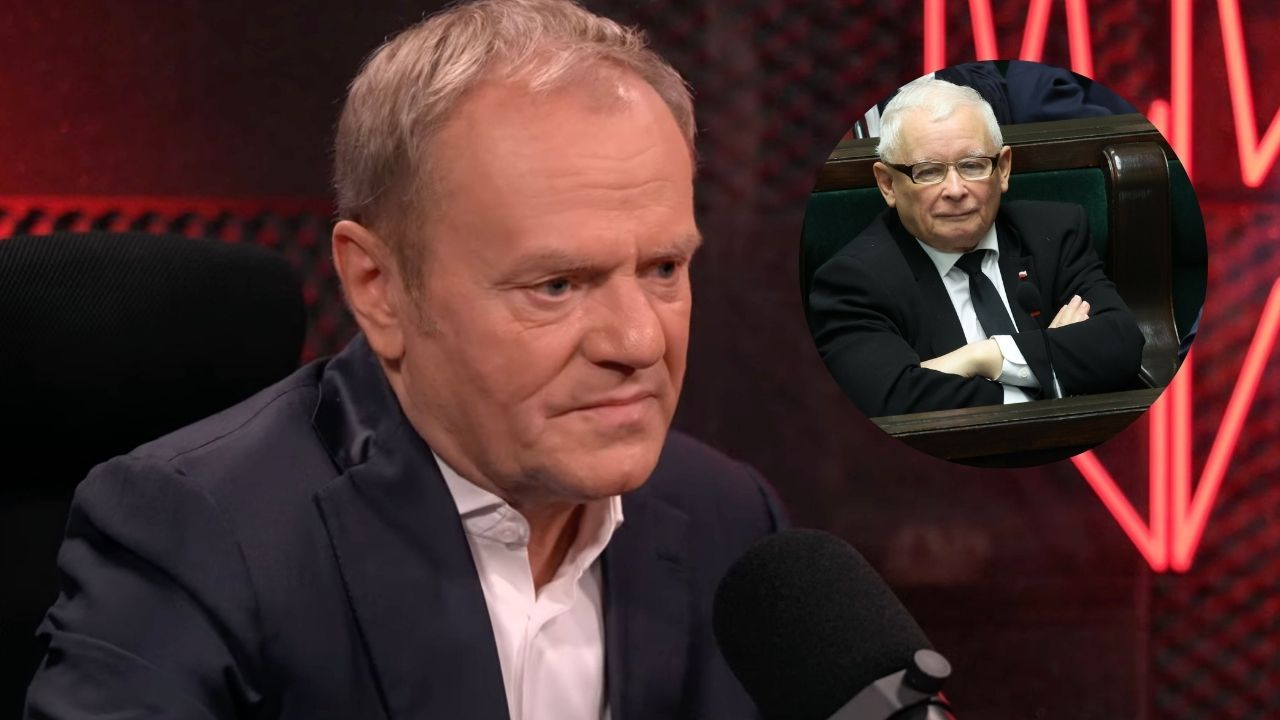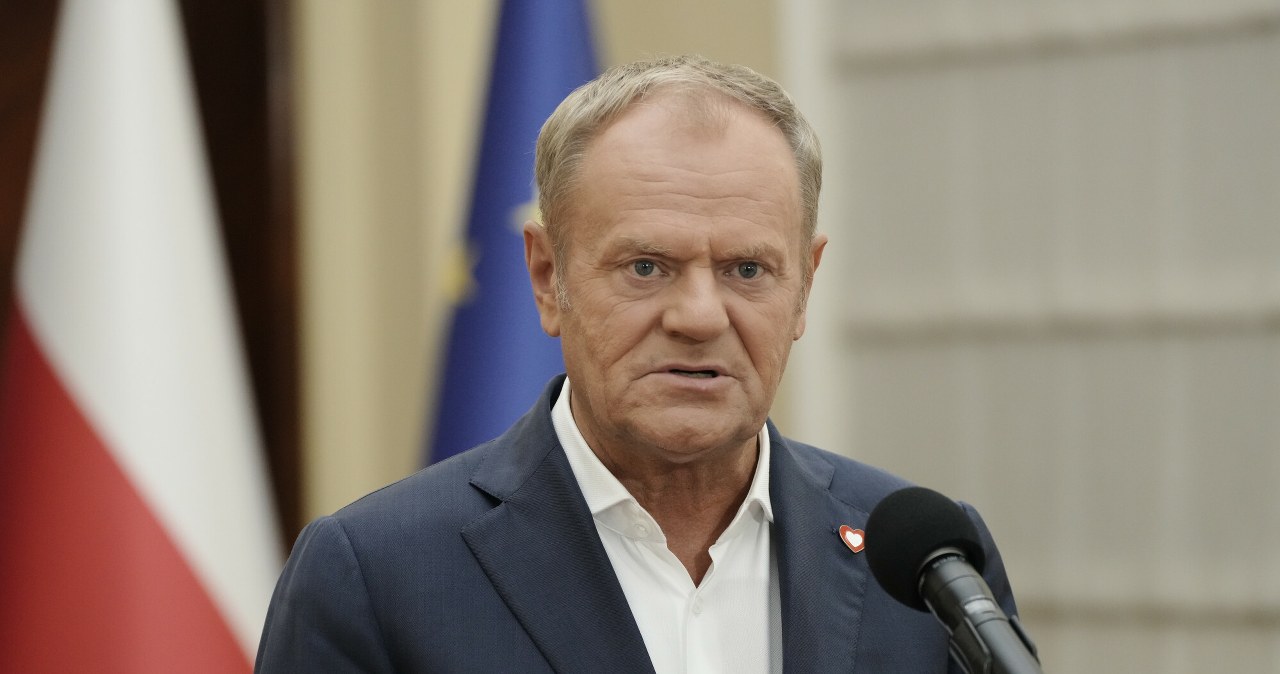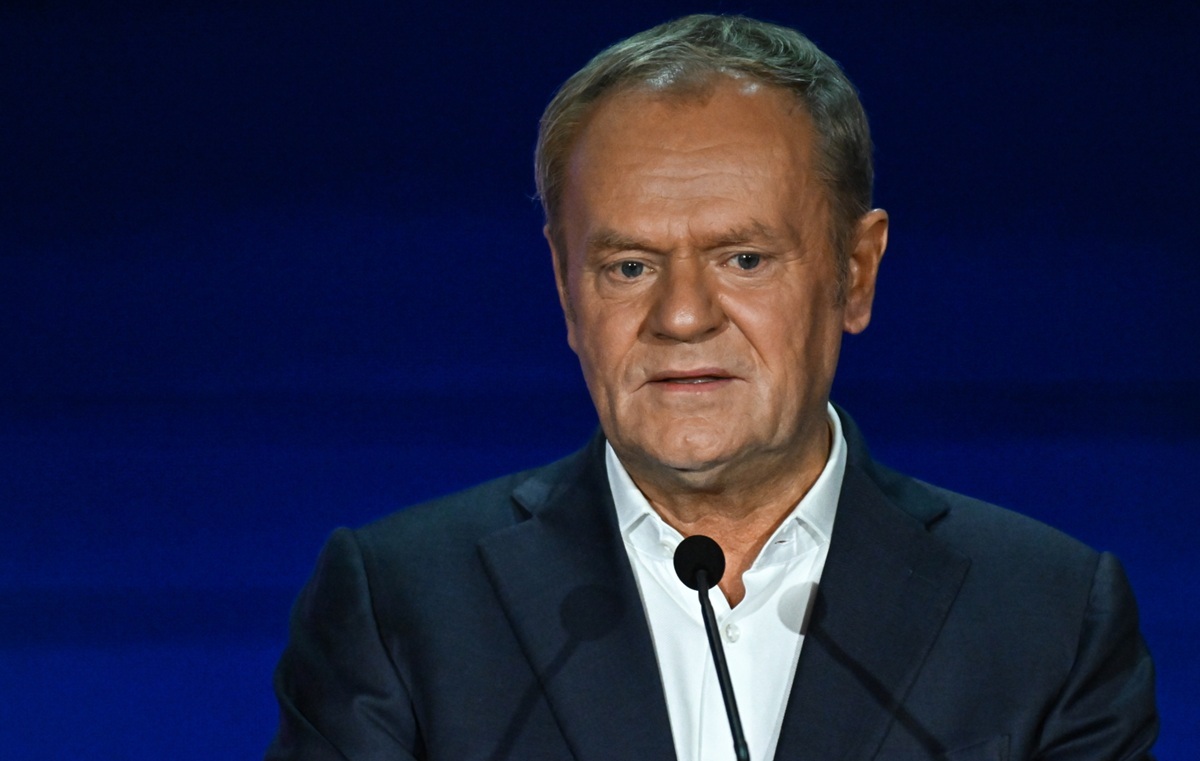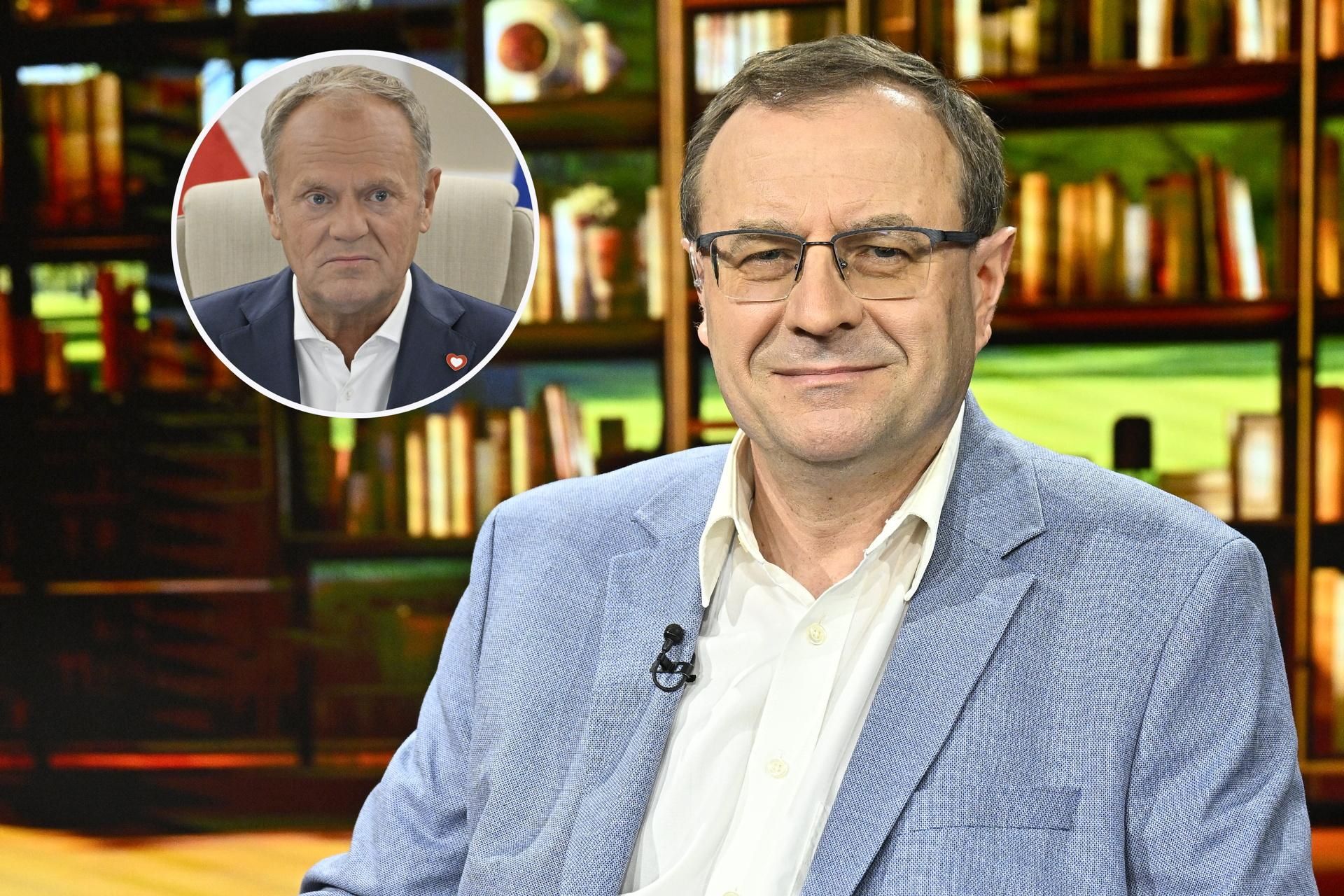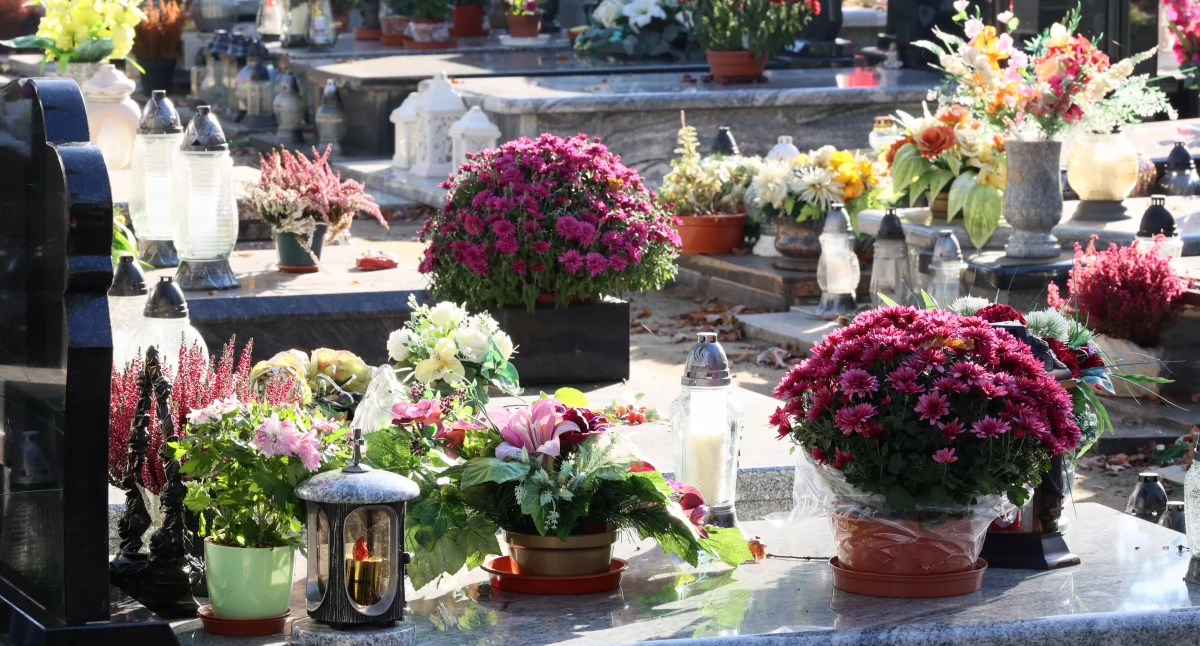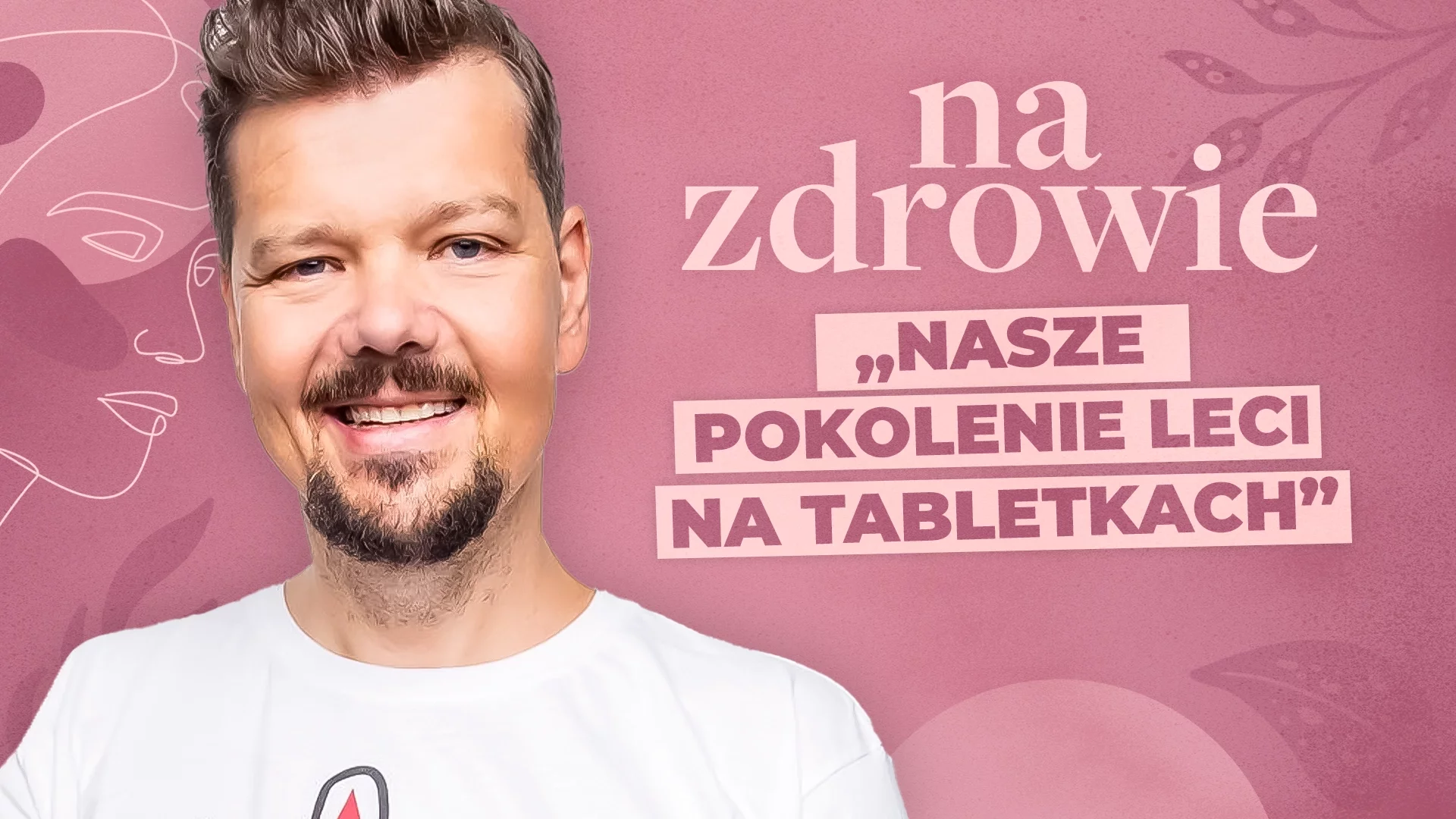Due to the outbreak of war in Ukraine, the debate on the readiness of the Polish state and nation to a possible armed confrontation took on peculiar importance. Unfortunately, it turned out that the complete disengagement of most of society from the affairs of the army had tragic consequences. This applies especially to young Poles, for whom the military service is almost complete abstraction and appears as something dangerous, from which 1 should stay away.
The last military incarnation as part of the draft took place in late 2008. The dismissal from the essential military service of the last conscription took place in August 2009. The reason for the liquidation of the compulsory military service was to accelerate the professionalisation of the military due primarily to the change in the perception of the safety environment. After joining NATO and the EU, Poland committed to allied and coalition activities. The Polish Army began training in this respect. The professionalism of our army confirmed affirmative opinions about Polish soldiers during missions in Iraq, Afghanistan or Africa. Unfortunately, after a fewer years, it turned out to be naive to think on the basis of determining the general direction of military development. In 2014, the Russians occupied Crimea, and separatist republics were formed in the east of Ukraine, which active bloody fighting. In 2022 the regular war between Russia and Ukraine began. The course of this conflict has clearly shown that the long-term model of the separation of professional troops from society in the face of the challenges of modern times is not able to guarantee full safety for the state.
After the start of a full-scale war in Ukraine on February 24, 2022, it turned out that after just a fewer days military units from the first throw needed replenishment, very frequently with specialists from circumstantial fields. Ukraine dealt with this challenge due to the fact that it had serious reserves prepared over the years for a peculiar conflict. In addition, many reserveists had combat experience gained in the Donbasa battles. Unfortunately, Poland does not have specified resources. Currently, erstwhile mobilization is carried out in our country, it can supply mostly only people even without basic military knowledge, and surely not soldiers capable of handling advanced types of weapons or drivers of combat infantry wagons. The training of specialists will take a long time, which linear units simply will not have.
Until the last collection in Poland, about 30,000 soldiers each year went to the reserve. They formed a base for shaping the appropriate staff structure of the reserve system. The Command could send them to appropriate training courses, depending on their needs. The political decision to end the essential military service was neither thoughtful nor decently prepared. As a result, most of the Polish Army's reserves are drafts from more than a decade ago and professional soldiers who have completed their service, which, in the current geopolitical situation, is simply an insufficient state.
Home defence Act
A tool to repair the bad human situation of the Polish Army is the National Defence Act of 11 March 2022. Ultimately, the Polish professional army is to number 250 1000 soldiers plus 50,000 soldiers of the Territorial Defence Army. A supplement to these forces is to be the alleged active reserve made up of persons who took the military oath, were transferred to the reserve and expressed their willingness to participate in this form of service. A passive reserve is created by persons who have a regulated attitude to military service and do not execute any another kind of military service. Regular training of future reservists and professional soldiers is carried out within the Voluntary Basic Military Service – in which basic training lasts 28 days and ends with an oath, then there is the anticipation of having 11 months of specialist training.
In the case of besides fewer volunteers, the Home defence Act introduced the anticipation of appointing practically all Pole to receive military training lasting up to 90 days per year. The anticipation of specified appointment was accepted by the Sejm practically unanimously.
In early December 2022, the head of the MON signed a regulation specifying the number of reserve soldiers, who in 2023 will be called for mandatory military exercises – 200 000 people. This information raised immense media noise, to the point that the Central Military Recruitment Center had to calm the temper by ensuring that up to 3,000 people would be called without an oath. The confusion caused by this regulation does not best reflect the state of Polish society.
Civil liability
One issue is the request to build an effective combat force, which represents a major challenge in the modern field of combat, requires advanced technology and skillful experts, as well as adequate reserves. Another – no little crucial – is the improvement of a sense of work and a spirit of combat in society. Without appropriate intellectual attitudes and readiness to support the fighters, they will be brought back de facto to the function of mercenaries whose motivation to proceed the fight will be limited.
It is worth quoting the words of Finnish general Pekek Troveri, who, erstwhile asked if NATO membership would change the Finnish strategy of universal collection in any way, replied: “No, I do not anticipate any change. We have a large country to defend with a tiny population. In Finland, the most crucial part of our defence is building the desire to defend the country among the population. This is done through the general conscription of the military, due to the fact that in this way each household is more or little connected with the defence [of the country]. ... We saw that erstwhile the Cold War ended, many countries [were] abandoned the collection strategy and chose the professional army. [In these countries] the desire to defend the country has fallen dramatically... And that surely means that we inactive request a collection strategy – even in the case of NATO membership, the work for Finland's defence rests 99% on the Finns."
Meanwhile, in Poland shocking results were obtained from a survey performed in early May last year, shortly after the outbreak of the war in Ukraine, by the Institute of marketplace and Social Research. Poles were asked what actions they would take "if Poland were attacked by a abroad state". It turned out that 25.8% of responders would effort to "resist with loved ones abroad". The youngest respondents aged 18-29, of whom 57%, chose this consequence proportionally! Only 20.6% of those surveyed stated that they would join military, paramilitary or sanitary units to participate in the active defence of their homeland. According to another IBRiS survey of October 2022, 35.7 percent of respondents are behind the restoration of collection, against specified a solution – as many as 57.1% of respondents. The main opponents of the restoration of collection are young people, aged 18-29 (the other is 77 percent surveyed in this age group). A survey conducted by IBRiS in April 2022 revealed that 54.2% of respondents were in favour of specified a solution, likewise reported by CBOS respondents in August last year (54%). These studies should be analysed with a advanced degree of caution, which may be affected by temporary exacerbation or relaxation of the global situation. 1 correct thing that emerges from them is simply a clear aversion among young men for military affairs. Another survey of the IBRiS on the thought of mandatory 16-day military training from April 2022 showed that this thought enjoyed acceptance of about 70% of respondents, with the lowest support among 18-29-year-olds (62%).
SEE ALSO: Militaryization of the nation. Proposals and considerations
Latvian and regional standards
Mandatory military service returned to the Latvian defence strategy of the country on July 1, 2023. First, volunteers will be trained, and from 1 January 2024, the Latvian authorities will appoint by chance until the basic service passes. Absence from it shall be punished if the appointment is received. In Latvia, therefore, the full collection of all those qualified for service was not reinstated. The authorities of this country are always planning to base the construction of a reserve strategy on volunteers, only complementing the individual position of randomly elected citizens. The Minister of Defence will decide on the circumstantial numbers of persons to be trained in a given period, besides setting a deadline for collection. At this point, similarities to the Polish strategy end.
As of 2027, the fresh defence work of the Latvian State is besides intended to cover Latvian citizens surviving abroad on a regular basis. Latvians will be able to have military training or replacement service. The military itself offers 3 service paths: 1) 11-month service in the National Armed Forces of Latvia or in the National defender units; 2) 5 years service in the National Guard, with at least 21 individual training days per year and 7 collective training days per year; 3) 5 years of education (intended for students) to get the rank of reserve lieutenant. The service is to be associated with privileges – e.g. children of soldiers will be enrolled in state kindergartens getting the first order on the lists, and volunteers will be able to survey free of charge in the first degree (studies in Latvia are paid).
Latvians will besides have the chance to service as a substitute in the armed forces or the National Guard, but besides in: Centre of the Youth Guard, Centre of Purchases and Military Facilities for State Defence, Latvian Geospatial Information Agency, Latvian War Museum, State Defence and Logistics Procurement Centre, National Defence Academy and Military School, Lieutenant Oskars Kalpaks, Agency for the Prevention of Information safety Incidents Cert.lv, as well as in intelligence structures and counterintelligence. They may be willing to be seconded, taking into account their skills, place of residence and education. The duration of specified duties is 40 hours a week.
In the countries of our region, compulsory military service is already a standard – Estonia plans to extend the word of conscript service to 2 years, Lithuania reintroduced compulsory military service in 2015 for a period of 9 months, and it is besides a reality in the Nordic countries (Norway was, for example, the first NATO country to adopt the concept of "universal collection" for women and men).
SEE ALSO: Militaryization of the Nation - outline of the idea
Universal and compulsory military service is besides successful in another parts of the world. All Swiss at the age of 18-30 relate to the work of military service. Basic service lasts about 18 weeks. Then, within 10 years of the primary service, six 19-day trainings should besides be carried out. In 2013, over 73% of voters voted against the liquidation of the system. Further examples of militarised societies include Israel and South Korea. In this first country, military service is compulsory for all citizens over the age of 18 and lasts almost 3 years. Korea maintains a compulsory military service strategy for persons aged 18-35 years, which lasts at least 18 months.
A comprehensive approach to security
A well-known Scandinavian holistic approach to security, derived from the cold-war doctrine of full defence, takes into account military and non-military aspects of national safety and crisis management. It is seen as a way to increase the public's resilience to external force and to guarantee favourable conditions for defence. Unlike full defense, overall safety is implemented constantly, not only during armed conflict.
So national safety is not the work of a narrow group of experts, and all associate of society in his position, both during peace, crisis and war. Hybrid threats affect different branches of the state and require civic activity. A model that assumes a wider safety society protected by NATO and technologically advanced, the professional military is untenable against the challenges of modern times. In the region, it is rather common to choose a model of professional army supported by a mass process, compulsory reserve training – according to the rule that a militarised society is simply a much more efficient society besides during peace.
The 2020 National safety strategy of the Republic of Poland has been described as 1 of the tasks: "To increase the resilience of the state to threats by creating a strategy of universal defence, based on the efforts of the full nation and building knowing for the improvement of the resilience and defence capabilities of the Republic of Poland", as well as: "Building the resilience of the state to threats, including hybrids, ensuring the universal character of civilian defence and civilian protection and gathering and maintaining the ability to reconstruct the essential resources". Universal defence must cover the symbiosis of 2 orders – military and non-military. In an efficient strategy in the event of a crisis or war, all citizen should stand in a position where the country will service most effectively.
SEE ALSO: "It is not our war, but it is simply a war in which our vital interests are set." message by the All-Polish Youth
Resistance can be defined as the country's ability to defy and last the enemy's attack by defending the preparation of society, the operational inaccessibility of the territory, irregular actions and the support of various state structures for the armed forces. Thus, immunity is an accident of civilian readiness and military potential. Unfortunately, on the 1 hand, civilian readiness is at a very low level in Poland (which can be expressed by the conclusions of the 2019 study of the ultimate Chamber of Control, where it was stated that "the effective civilian protection strategy in Poland is not functioning), and on the another hand, military possible should be regarded as limited in relation to a lame reserve system.
The civilian Army?
A lot of myths and legends developed in Poland about military service. People who are not acquainted with the subject frequently associate with the phenomenon of "waves", but do not necessarily know how valuable a fewer weeks or months of life can be in barracks. The groundwork is being done, thousands of volunteers are trained as part of the Voluntary Basic Military Service, the Academic Legion or the Territorial Defence Army, but it is inactive not enough.
This is surely 1 of the causes of resentment among young soldiers. Older generations usually held although basic military training, whenever they held a rifle, was part of a hierarchical structure. It is completely different for a generation of today's 20-year-olds who know only from myths and legends circulating in society. It's natural for us to feel fear of the unknown. 1 of the fundamental tasks in improving the safety of the Republic is the variety of things.
Universal military training could become an integral part of the education strategy in Poland and its extension. For example, after the elder exam, checking the cognition of a young man, he enjoys the longest vacations in life, which mostly last from early June to late September. These are 4 months, usually before going to college, which any young people spend on work and any on rest. Graduation during this period of training taking place under the conditions of disaggregation in a selected military unit or training centre should be a prerequisite for obtaining a full certificate of maturity and opportunities, for example, for university education. The program could be based on a training program of Voluntary Primary Military Service.
Several deadlines for a four-month vacation period would let for a appropriate match of plans for this period to be made to the service. They should be able to have longer, paid and extended training, which would later entail privileges in terms of, for example, employment in state administration or enrollment for studies. The values that students should get at this phase of education are: soldier's honor, sense of responsibility, patriotism, feeling of strength, solidarity, cooperation, resilience, fortitude.
The concept of citizenship has always been linked to the readiness to sacrifice for the community, leading with the readiness to sacrifice their lives. This has been the case for centuries in all functioning social structures. From ancient Greece and Rome, for a period initiated by the French revolution (since societies began to take mass and egalitarian form), to the time of the large wars of the 20th century. There are certain rules in our reality that do not change.


